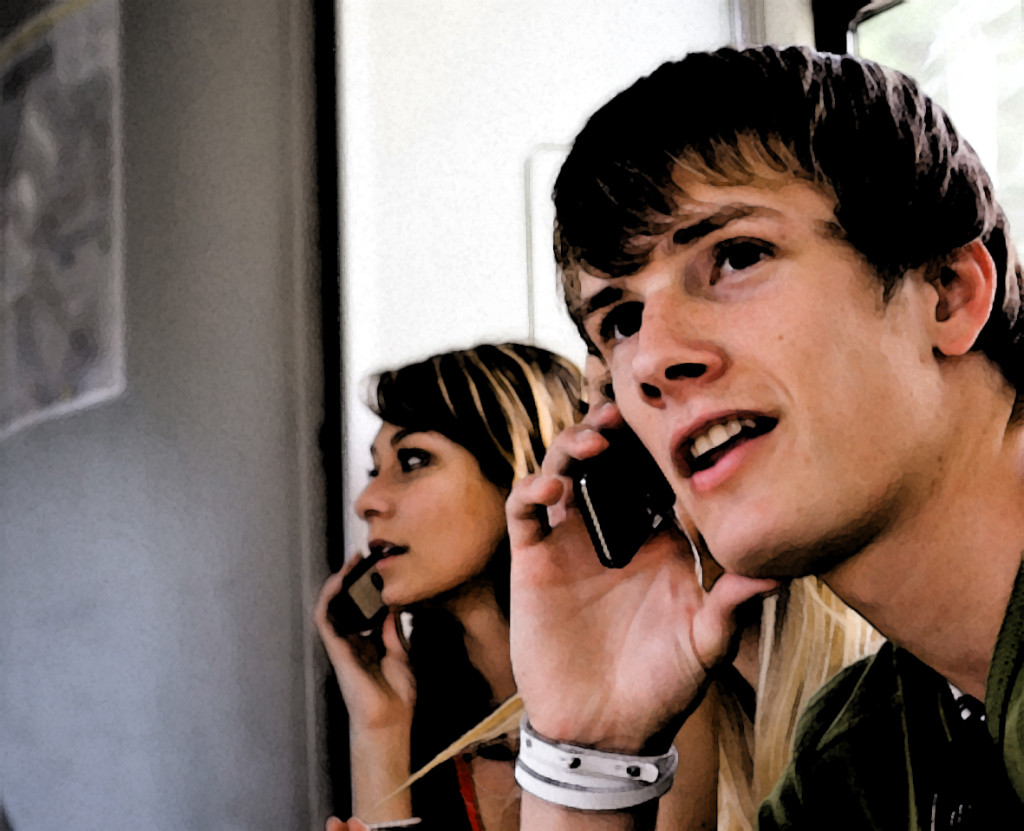Research says put down the coffee, pick up the phone

Spending just a few minutes calling home has been shown by recent studies to increase energy levels. Photo Credit: Sourcewire.com
By Marli Horwitz, MS&T Editor
Before you go to the Commons and order anything with a double shot of espresso, you might want to read this article. Recent studies show that if you are feeling low on energy, the best thing to do may be to – yes, believe it or not- make a phone call home.
Studies show the power and helpfulness of a “microburst, a small activity that has a big energy payoff,” according to a recent Fast Company article. Microbursts are just one concept available in the growing field of energy management, which essentially looks at people’s roller coaster of energy levels throughout the day and the causes and effects behind it.
Janet Nikolovski and Jack Groppel, of Wellness and Prevention, Inc. studied microbursts with the U.S Professional Tennis Association, according to Fast Company. For tennis players, microbursts are what they experience in the very small window of time between hits. This is the reason, according to the study, that they can recover so quickly between points. “If you recover right, even though you have just done something very hard, you can do something else very hard again soon.”
Nikolovski and Groppel translated the study to where it affects the most people- the world of work (and for us, the world of being a hard-working college student). Research they completed showed that people at work who took a short break at work to, for example, take the stairs or walk at a quickened pace for five minutes every hour, had energy levels up to twice as high over the course of the day.
Now, it may not come as much of a surprise that physical activity throughout the day- even in quick bursts as shown here- can boost energy levels so immensely. Physical activity has shown to be just as important for the mind as it is for the body.
However, this, according to the study, is not the only thing that can help energy levels. Nikolovski and Groppel proved with a second part of the experiment that interacting with people, especially loved ones, also boosted energy. And more than you might expect, in fact.
The participants were instructed to talk to other co-workers at various points throughout the day, and also to outside family and friends. Based on a ten point scale, employees in a given company reported a 6.8 score in energy thirty minutes after drinking coffee. Those who talked to a loved one reported a 7. This is not a huge disparity, but a calculated average and an important one nonetheless.
So save some declining dollars and use a few cellular minutes instead; you may be surprised at the energy you are allotted. That is, as long as the conversation does not rest solely on reminders to do the laundry and to call again within the month. In fact, it might just benefit you to call again tomorrow.
